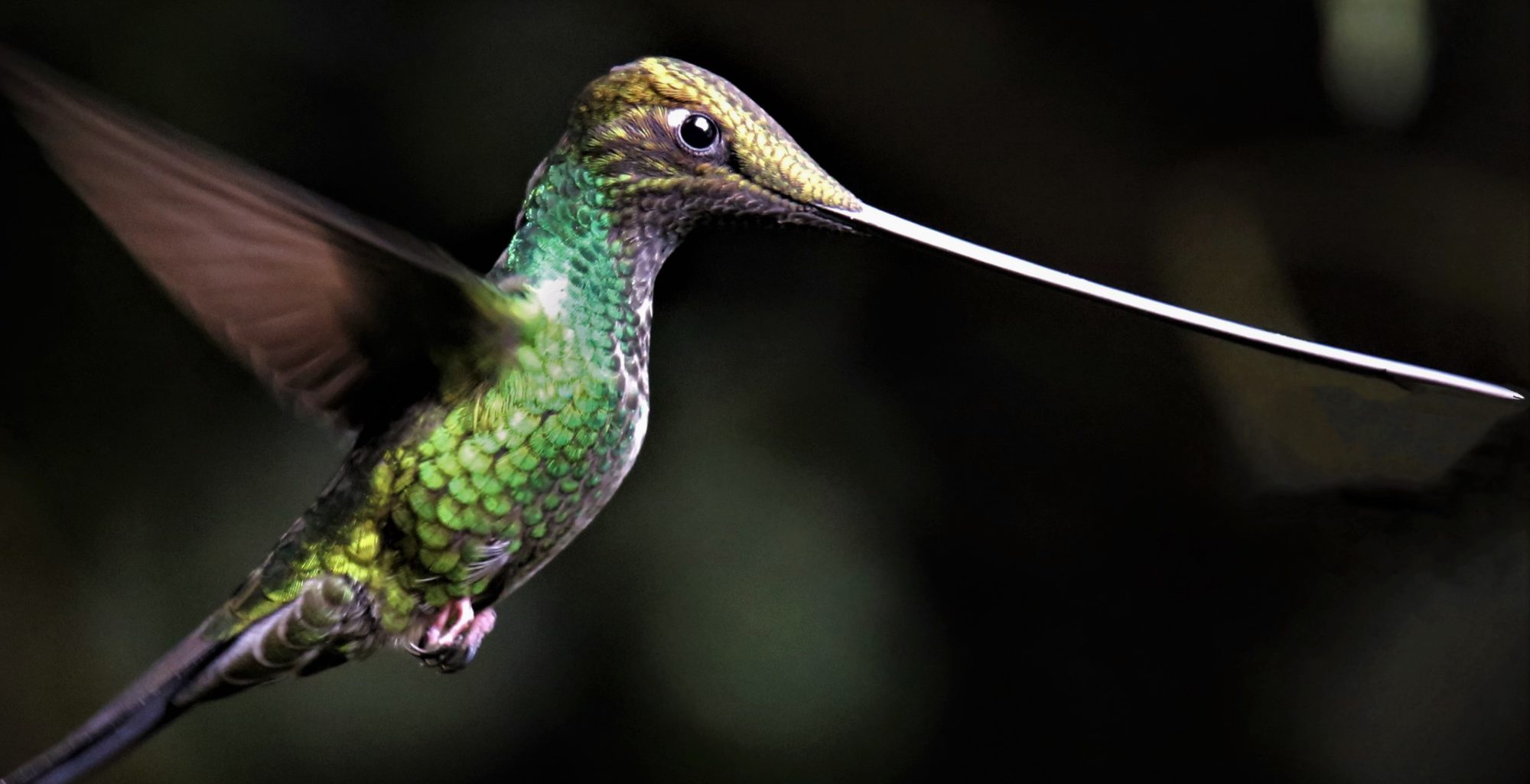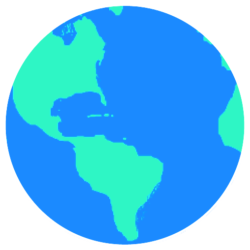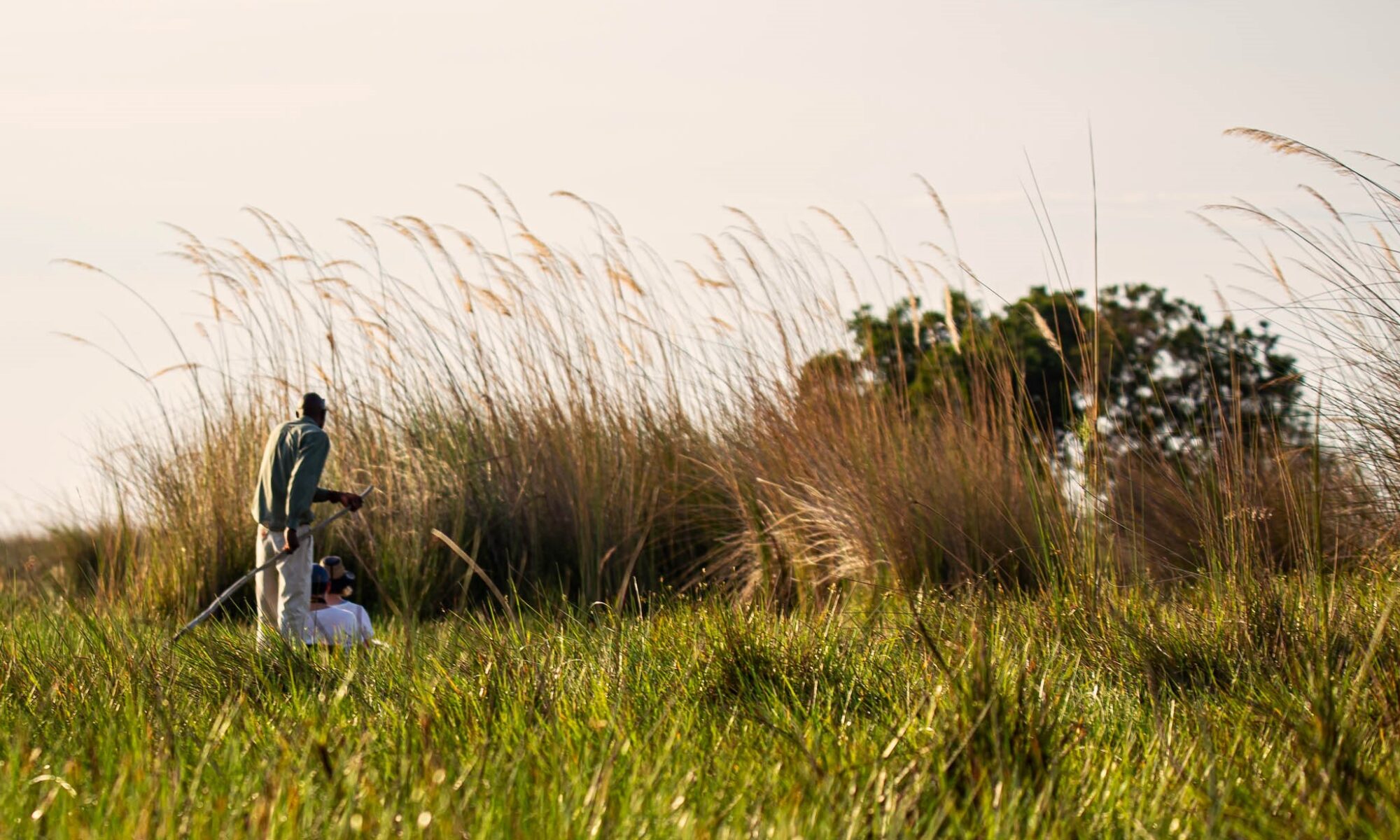As I was saying in the previous post, the main reason for the adventure this October was to see Botswana and the Okavango Delta. Everything else on the trip was accessory (though I was pretty sure we would like the entire journey) to this destination. I have watched some fantastic documentaries that show how wonderful and unique the area is and for quite a few years I have really wanted to see it for myself. I knew it might be an easy place to convince my wife to visit because one of her friends, Diane, went with her husband some time ago. Diane had suggested that we would like it. She is also an avid photographer who likes to travel the world and spends a considerable amount of time researching and planning her trips, so her opinion matters to my wife. I would get my chance to experience the Delta and see what it is really like.
Remote destinations like the Okavango take some thought and careful preparation; and for most people, including me, expert help making the arrangements. Almost all the arrangements were done by Kim and her team at Extraordinary Journeys. They found the places that were available and right for us, and that worked within our time schedule. They coordinated all the flights within Africa to make sure we were making efficient use of our time. We had to fly from Cape Town to Maun, Botswana, and then we had to connect with bush planes to get to the remote airstrips at the three lodges in Botswana. EJ has partners in Africa that make this happen and they even have people meet you at the airport to facilitate the transfers. If I had unlimited time and was traveling alone, I might try to “wing it” myself, but it is probably not a great idea. My wife doesn’t like to be away from home for long periods at a time and she likes to be prepared. She is a good sport about most things, but prefers to have a good plan in advance and I want her to enjoy herself and keep traveling with me. She really appreciated the detailed itinerary, bound in a booklet, that was delivered to us just before we left home. Since the trip is already over as I write this, I can tell you that everything went according to plan. If it hadn’t, we had a bunch of people looking out for us that would have been able to help.
Our first camp in Botswana was Xugana Island Lodge, deep within the Okavango Delta and the only camp on the trip where most of our travel would be by boat. At Xugana Island, we showed up at the airstrip, and we were greeted and transferred by boat to the lodge where well trained staff took excellent care of us. Everything was provided; food, drinks, clean and comfortable accommodations (but no air conditioning this far off the grid) and most importantly, expert guides.
One of the things that makes the Okavango unique is that rain that falls and makes its way into the tributary rivers, or into the delta itself, doesn’t make it to the ocean. The seasonal floods are pretty dependable; wildlife, including big game, have adapted their biological clocks around the annual cycle of rains and flooding. The seasonal rains flow from Angola through Namibia for many miles before entering Botswana where the flooding spreads out into a delta of lagoons and waterways, finally disappearing into the Kalahari Desert. Though many of the animals can be found elsewhere in Africa, the setting here is completely different. The plants have to be able to tolerate flooding. There are many different reed-like plants, including papyrus, that make up the habitat, instead of typical savannah. The water flows in narrow, mostly shallow channels that wind through the vegetation. The depth of the water fluctuates depending on the season. While we were there, the outboard engine propellers on the safari boats would occasionally get tangled in vegetation/muck on the bottom and stop running. Fortunately for us it was always a momentary stop, and then we were back on our way. The guides had to be on guard at all times, not only to avoid hazards in the water, but also because there was always the potential to round a bend and see elephants or hippos. That is not a good time to be without a functioning engine.
On one early-morning safari, our guide, CK, noticed a wake in the channel that was not caused by another boat. He determined we must have scared a hippo and it was moving quickly to get away. CK didn’t slow down as he skillfully navigated the channel bends, until he pointed out the wake had subsided and there were fresh tracks in the muck and the reeds had been pushed away where the hippo left the main channel. We never saw that hippo, but we saw many others. When hippos, especially the big males, were in the larger lagoons, CK would give them a wide berth. Evidently, when they see you approaching they have more confidence and can be dangerous.
Another day on an evening cruise, we saw elephants from the boat, but the reeds were so high it was difficult to get a good picture. I was hoping to get a photo of them swimming, but that opportunity never presented itself to our group. I did get some good photos of brilliant sunsets with papyrus reeds and storm clouds. I also got plenty of photos of different birds for which the delta is famous.
The highlight of Xugana for us (as far as wildlife goes) was the walking safari. We spent one morning on an island, about a 20 minute boat ride from camp. It was situated on slightly higher ground than the surrounding delta swamp vegetation , and at least while we were there, the ground was dry. Walking among the big game is a much different feeling without the benefit of a vehicle to escape from a charging elephant or a hungry pride of lions. I would say, way more authentic and humbling. We were given plenty of instruction regarding safety. It was the number one priority. An additional guide armed with a high-power rifle accompanied us as we walked the island. Fortunately, he didn’t have to use it. This wasn’t our first walking safari; my wife and I did a gorilla trek in Rwanda, where one of the trackers fired his gun to scare away a forest elephant that wasn’t happy with us and charged the group. I also walked at night with researchers in Kenya doing scientific research on small mammals. In the same place, earlier in the week, I heard lions and saw elephants and cape buffalo. I guess you could also say, what I did in Madagascar last year might qualify as a walking safari, but there weren’t any poisonous snakes or big animals that could kill you there. We didn’t see any lions, though there was surely evidence they were there. CK showed us the evidence. He explained that the hippopotamus hide we found while on the walk, along with bones, still showed how it met its end. CK said there was a pride that frequented the island that specializes in killing hippos by paralyzing them by biting through the backbone, instead of suffocating them by clamping down on the trachea in the front of the neck in the manner that most lions use to kill their prey. If you look closely at one of the photos I took, you can see the hole in the dried out hide. While on the walk, I got plenty of photos of a herd of elephants doing what elephants do; and some of warthogs, hippos, and antelopes.
We spent a little time fishing for tiger fish on the morning of the last day at the camp; without any luck. We did a short trip in a fiberglass version of the traditional dugout canoe the locals call a mokoro. Again, it is a humbling experience to be sitting at water level in a small vessel that cannot move quickly, when potentially there are large creatures nearby. Our guides were good and kept us safe as we quietly slipped through the water taking photos of the smaller critters like reed frogs and dragonflies and getting close to plants like water lilies. For photos from the vicinity around Xugana, click here.
We were very pleased with the food, service, and the hospitality of the many kind people who made the stay go well. We only got a little taste of what the Okavango Delta is really like. I am sure we would have a different experience if we came at another time of year. The Delta is an ever changing place. I hope to come back again someday to Xugana and maybe this time I will catch a tiger fish and photograph elephants frolicking in the water. We are happy with what we were able to see and do this time in the vicinity around Xugana Island Lodge…but there is still more to see and do at the other two camps in Botswana we still have scheduled on this adventure. It was a good choice for our first stop in the delta. At the next stop, I took so many photos I think I will have to break it up into more than one post.


